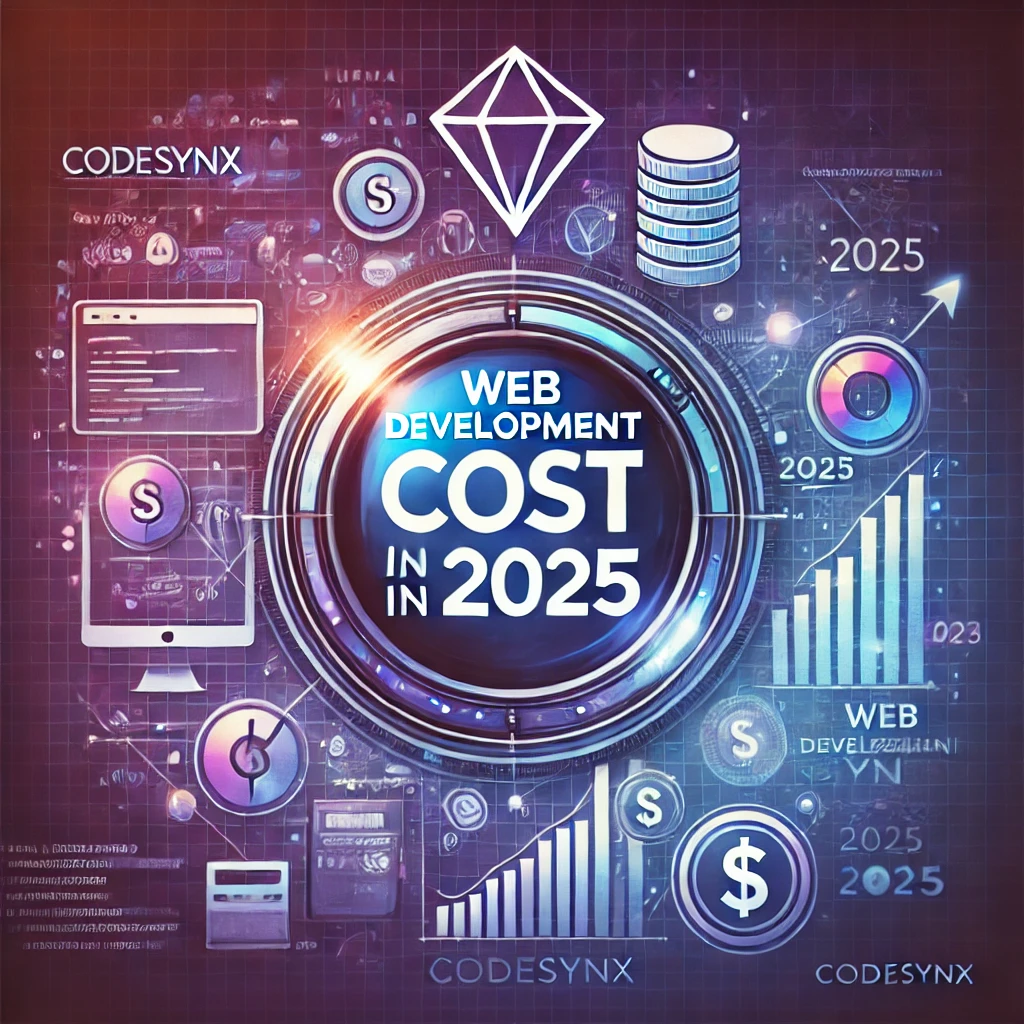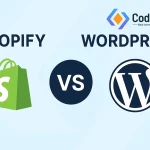How Much Does Web Development Cost in 2025?
In the modern business world, web development is crucial for creating an online presence that allows companies to engage with customers. As we look ahead to 2025, understanding the costs involved in web development is essential for businesses aiming to launch or upgrade their websites.
This guide will cover the key factors that impact web development pricing, the different types of websites, and how to find the best partner for your specific requirements.
Factors Influencing Web Development Cost
Several factors can affect the final cost of a web development project.
- Project Complexity – Simple websites cost less, while complex applications with advanced features increase the price.
- Technology Stack – The tools and frameworks used in development can impact pricing.
- Design Customization – Custom designs are more expensive than template-based designs.
- Development Team – Whether you hire freelancers, agencies, or in-house teams will affect costs.
- Location of Service Provider – Developers from different regions charge different rates.
Types of Websites and Their Costs
| Website Type | Estimated Cost (2025) |
| Static Website | $200 – $1000 |
| Dynamic Website | $1000 – $5000 |
| E-commerce | $500 – $5000 |
| Custom Web Application | $10,000 – $50,000 |
| Enterprise Solutions | $50,000 – $100,000 |
Static websites are the simplest, offering basic information, while dynamic and e-commerce websites provide interactive features and payment gateways. Custom web applications and enterprise solutions are highly personalized and can involve significant development efforts.
Cost Breakdown by Development Type

Web development pricing also depends on who you hire:
- Freelancers: $20 – $100/hour – Ideal for small projects but may lack comprehensive services.
- Agencies: $50 – $200/hour – Provide complete services with professional teams.
- In-House Teams: $60,000 – $150,000/year – Suitable for long-term projects but involve ongoing salaries and benefits.
Technology Stack and Its Impact
The technology stack refers to the programming languages, frameworks, and tools used to build your website. Popular stacks like MERN (MongoDB, Express.js, React, Node.js) and JAMstack (JavaScript, APIs, Markup) offer high performance but can be costlier due to their complexity.
Design and User Experience Costs
Design plays a significant role in website success. Custom UX/UI design typically makes up 20-30% of the project cost, providing users with a visually appealing and easy-to-use interface.
Development Process
Web development follows several stages, each with its own cost:
- Planning: $1,000 – $5,000 for project research and requirement gathering.
- Design: $2,000 – $10,000 for wireframes, mockups, and design revisions.
- Development: $5,000 – $50,000 for coding and feature implementation.
- Testing & QA: $2,000 – $10,000 for bug fixes and performance testing.
- Deployment: $1,000 – $5,000 for launching the website.
Maintenance and Support Costs
After your website is live, ongoing maintenance ensures smooth performance. Monthly costs range from $500 to $5,000, depending on updates, security patches, and support requirements.
SEO and Digital Marketing Costs
| Service | Monthly Cost |
| SEO | $300 – $1,000 |
| PPC Campaigns | $500 – $10000 |
| Content Marketing | $1000 – $5000 |
SEO and digital marketing services improve your website’s visibility and traffic, often requiring separate budgets.
Security and Compliance
Security is vital for protecting user data. Common security expenses include SSL certificates, GDPR compliance, and regular audits, ranging from $500 to $1000 annually.
Timeline and Its Effect on Cost
Fast-tracked projects often require more resources, increasing the overall price by 20-30%. Projects with flexible deadlines are usually more affordable.
Regional Cost Variations
| Region | Hourly Rate |
| North America | $50 – $200 |
| Europe | $30 – $150 |
| Asia | $10 – $80 |
The location of your development team significantly affects pricing, with North American developers charging the highest rates.
Hidden Costs to Consider
Be aware of additional expenses like:
- Domain & Hosting
- Third-party Integrations
- Licensing Fees
- Content Creation
How to Choose the Right Development Partner?
When selecting a development partner, follow these steps:
- Evaluate Portfolio
- Check Client Reviews
- Assess Technical Expertise
- Discuss Communication Channels
- Consider Pricing Models
FAQs
1. How long does it take to develop a website?
The time to develop a website depends on its complexity. A basic website can take 1–2 weeks, while small business websites typically take 3–4 weeks. E-commerce sites may take 1–2 months, and more complex sites or custom web applications can take 3–6 months or longer.
2. What is the cheapest way to build a website?
The cheapest way to build a website is by using a website builder like Wix, or WordPress with a pre-designed template.
3. How much does website maintenance cost?
Website maintenance typically costs between $50–$200 per month for basic sites, and $200–$500 for small business sites. E-commerce sites may cost $500–$1,500+ monthly, depending on the complexity and updates required. Costs include updates, security, backups, and content changes.
4. Is SEO included in web development?
SEO (Search Engine Optimization) is often included in web development, but it depends on the project scope. Basic SEO elements like meta tags, site structure, and mobile responsiveness are usually part of web development. However, more advanced SEO strategies (keyword research, content optimization, link building) may require separate services or an ongoing effort beyond development.
5. What factors affect e-commerce website costs?
E-commerce website costs depend on factors like custom design, advanced functionality (payment systems, inventory management), the number of products, and security features. Third-party integrations and ongoing maintenance can also increase the overall cost.
Conclusion
Web development costs in 2025 vary widely depending on project complexity, technology stack, and service provider. Businesses should carefully evaluate their needs and budget to select the right development partner for their project.






